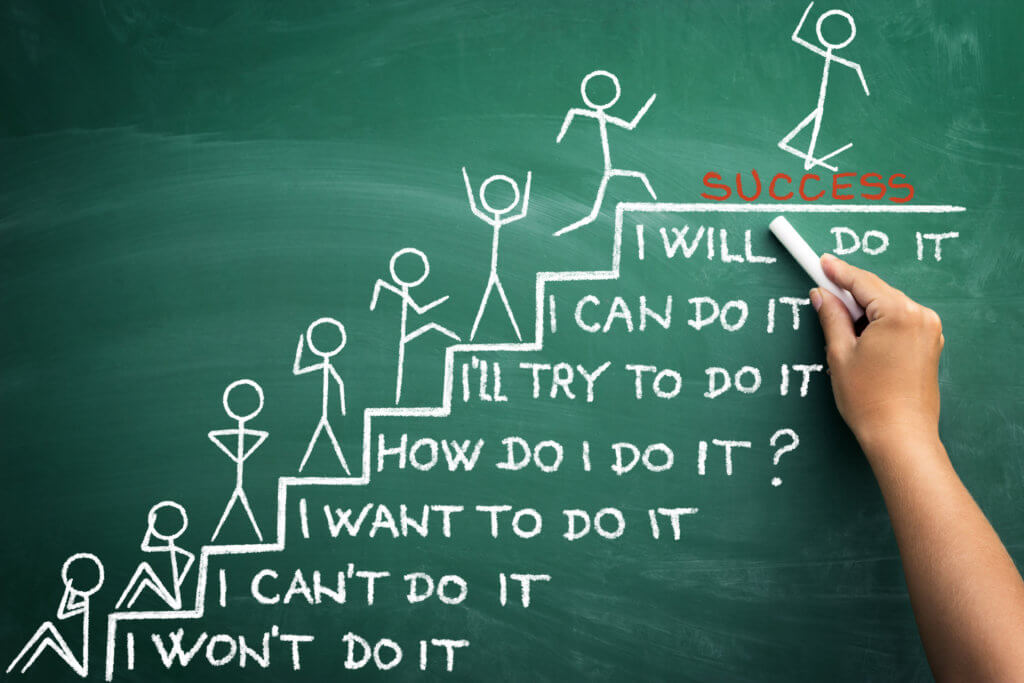ARLINGTON, Texas — In today’s fast-paced culture and never-ending news cycle, it’s never been harder to maintain focus. There’s always another breaking news story or viral video to draw our eyes away from whatever we’re doing. If you’ve been finding your attention span especially short lately, new findings by a team from the University of Texas at Arlington and the University of Oregon may be just what you need to get focused. Scientists say setting goals can help you maintain attention and minimize lapses in concentration.
“In many activities, it is difficult to maintain a high level of focus over time. Our research asks why this is the case,” says Matthew K. Robison, an assistant professor of psychology at The University of Texas at Arlington, in a media release.
“Our results provide evidence that a simple and easily implementable change in behavior—setting specific goals for oneself—can significantly improve our ability to maintain task focus over time,” Robison adds. “This can have implications for settings such as studying or working, where a failure to stay focused can lead to impaired performance.”

While it’s true that humans generally perform fine in situations that require sustained attention, there’s no denying we’re also quite easily distracted, which leads to attention lapses. Common distractions can range from getting lost in thought pondering a new romantic interest to reacting to a noisy car honking.
Most of these attention lapses incur minor consequences, if any, like forgetting to forward an email or buy an item at the store. However, other lapses can result in far more serious repercussions. For example, a train operator not reacting to an accident, a surgeon forgetting a step during surgery, or an individual forgetting to turn off an oven.
Achieving truly sustained attention is a feat that is often easier said than done. Attention tends to fluctuate across short and long intervals, researchers explain. Historically, one of the most common strategies for studying lapses in attention has been to examine response times to various tasks.
For this latest project, Prof. Robison and the team recruited over 100 people and asked them to complete a series of reaction time tasks for about 25 minutes. Under the standard control condition, participants had to respond as quickly as possible in each trial (about 200 total). All in all, the findings indicate that goal-setting manipulations enhanced sustained attention and helped reduce lapses in attention.
“In this condition, reaction times systematically increased across time, consistent with the idea that task focus was decreasing,” Prof. Robison concludes. “However, when we gave them specific goals to pursue and made those goals harder over time (e.g., keeping their reaction time below 450 milliseconds, then 400, then 350), they did not show that effect.”
In summation, this study suggests that goal-setting techniques can help individuals better sustain their attention and reduce the occurrence of attention lapses.
The study is published in the journal Attention Perception & Psychophysics.
You might also be interested in:
- Embrace the power of anger to reach your goals
- Can’t reach your diet and exercise goals? Bad sleep may be to blame
- Brain-healthy MIND diet linked to better focus among young students

